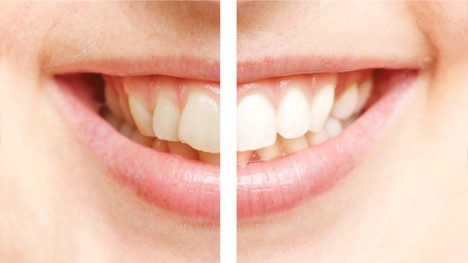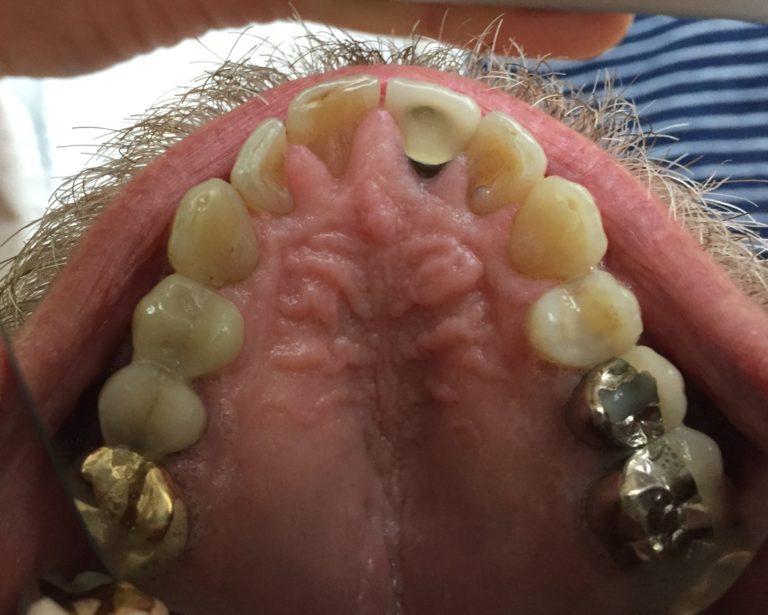
Professional Teeth Whitening vs. Home Remedies
Brighten Your Smile: Choosing Between Professional Teeth Whitening and Home Remedies
Teeth whitening improves your smile by removing discoloration with

Let’s explore a common issue some patients face: gum overgrowth. This often happens to individuals taking a specific type of blood pressure medication known as calcium channel blockers. Surprisingly, these medicines, while helpful for controlling blood pressure, can lead to an increase in gum size. This condition doesn’t always hurt but requires careful attention to oral hygiene and regular dental visits to manage effectively.
Gum overgrowth means the gums can expand and sometimes cover parts of the teeth. This occurs because the medication affects the way gum tissues react, making them grow more than usual. It’s important for anyone experiencing this to maintain excellent oral cleanliness and have their teeth checked and cleaned by a dentist more frequently.
Moreover, it’s crucial to keep an eye on any cavities or dental work that might not be in perfect shape. The expanded gum tissue has a tendency to fill in gaps around teeth and dental restorations, which could lead to further dental issues. In some instances, if the overgrowth is significant, a dentist might suggest minor surgery to remove the excess gum tissue or discuss alternative treatments with your doctor that might not affect your gums as much.
For example, John (name changed for privacy) noticed his gums seemed to be creeping over his front teeth, a space where he naturally had gaps. This change didn’t cause him pain, but it was noticeable. After discussing it with his dentist, John learned it was a side effect of his new blood pressure medication. Together, they developed a plan that included more frequent dental cleanings and a consultation with his doctor to evaluate his medication options.
Maintaining a dialogue with your dental care provider is essential if you’re on medications that might impact your oral health. Regular check-ups allow for early detection and management of such side effects, ensuring your smile stays healthy and bright.

Brighten Your Smile: Choosing Between Professional Teeth Whitening and Home Remedies
Teeth whitening improves your smile by removing discoloration with

Mouthguards do more than protect your child’s teeth. A good mouthguard that has been properly fitted actually redistributes the force
© 2025 Dunbar Dental. All Rights Reserved